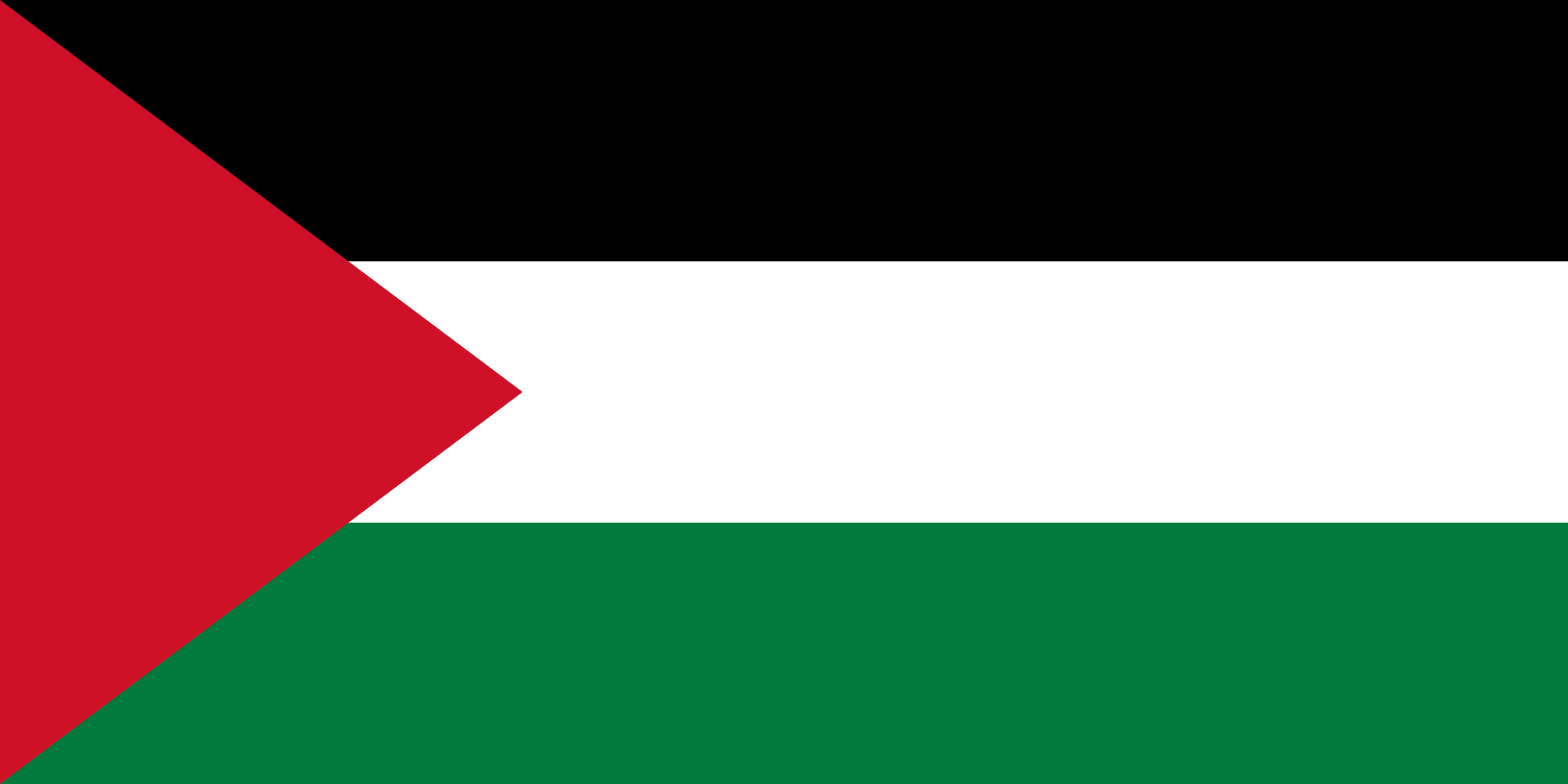The prospect of elections in Palestine has brought vital hope to a land synonymous with suffering. Despite enduring decades of conflict, loss, and tumult, a “tripartite assault” currently threatens to push the situation beyond repair. This takes the form of Israel’s acceleration of territorial annexation, the Trump administration’s “Middle East Plan,” and the normalization of Arab-Israeli relations, a process that Palestinian leaders see as a major barrier in their quest for an independent state.
Yet in mid-September, Palestine’s long-divided political factions—Hamas and Fatah—announced that a deal had been reached to hold elections. The first since 2006, it is hoped that the elections will re-energize the Palestinian cause, and create a much-needed sense of unity at the most critical of moments. Commentators have urged for cautious optimism however, with a number of obstacles still to be cleared before votes can be cast.
“Tripartite Assault”
The forward momentum generated by the announcement could not have arrived at a more pivotal time. Palestine faces more intractability with every passing day, and as mentioned, a “tripartite assault” further exacerbates what is already a deeply harrowing state of affairs. The first assault—the escalation of Israeli annexation—will place greater numbers of Palestinians under Israeli control, depriving them of the ability to go about their lives in the way they choose.
In June of this year, Israeli Prime Minister Benjamin Netanyahu announced plans to annex parts of the occupied West Bank, an area home to between 2.1 million and 3 million Palestinian Arabs. If these plans go ahead as intended, they could see 4.5 percent of Palestinians in the West Bank—an area intended to form part of an independent Palestinian state—subjugated and repressed on a daily basis.
The second assault—the Trump Administration’s “Middle East Plan”—is supposedly designed to bring stability to the region. Yet according to Israeli human rights organisation B’Tselem, the plan will relegate Palestinians “to small, enclosed, isolated enclaves, with no control over their lives.” Further to this, it will ensure that Jerusalem remains the “sovereign capital of Israel,” a deeply controversial move given that it is also perceived as a Palestinian capital.
Thirdly, there is the improved relations between Israel and a number of Arab states, which adds to the sense of isolation and alienation that permeates the Palestinian cause. The last three months has seen both Bahrain and the UAE sign peace deals with Israel, breaking a “long-standing consensus” that the price of normal relations with Israel was independence for the Palestinians.
“Cautious Optimism”
With this triumvirate of threats heaping additional misery on the Palestinians, and the current Palestinian Authority (PA) sapped of political capital, Hamas and Fatah’s election announcement has been a rare ray of light. Elections present an opportunity to restore unity to the Palestinian cause, and create a new, forward-thinking leadership that is capable of managing the ever-growing number of challenges.
As alluded to, the incumbent leadership has proven incapable of rising to the challenges that are faced, and the protracted division has depleted the public’s confidence in them. A free and fair vote will create a government that has earned its legitimacy at the ballot box, and as result, one that will garner respect and recognition internationally. This is of the utmost significance, as international support will prove critical if Palestine is to find a route out of the current quagmire.
However, a host of obstacles stand in the way of elections delivering on their promise. The division that characterizes the Palestinian cause stems from the events of 2006, which saw Hamas win a majority on the Legislative Council. Not only did this trigger an international boycott of the Hamas government, it sparked immense tensions between Hamas and Fatah, who had been victorious in presidential elections the preceding year. Avoiding a similar stalemate is absolutely paramount.
To do this, it is imperative that all Palestinian political groups reach a consensus on a unified strategy and route forward prior to ballots being cast. As well as ensuring that the election results are respected, this will help to nurture the burgeoning sense of optimism that is felt on the ground. Whilst the growing number of threats has fostered increased intra-Palestinian solidarity of late, genuine geographic and institutional unity is still out of reach. Agreeing on a shared vision prior to the vote will pave the way for lasting togetherness.
Additionally, it is hugely positive that voting will be conducted via proportional representation, as this will ensure that no party wins an overall majority—a factor that played into the ill-feeling of 2006—and will instead yield collaboration, partnership, and tolerance. Alongside this, it is welcome that parliamentary, presidential and national council elections are all planned to occur within a set timeframe, as this will avoid different victors in different elections causing tensions as it did the last time Palestine went to the polls.
Finally, it is crucial that Israel respects the elections and lets them go ahead unimpeded in all parts of the territory, including East Jerusalem, where Palestinians were prevented from casting votes in 2006. The international community has a major role to play here, as it can utilize its influence to ensure that Israel permits ballots to be cast in all occupied territories.
Whilst there is much work still to be done, the prospect of elections has provided a welcome source of hope amid the most trying of circumstances. It is now crucial to build on this.
Cameron Boyle is a political correspondent for the Immigration Advice Service, an organization of immigration solicitors that provides legal aid to victims of trafficking.







